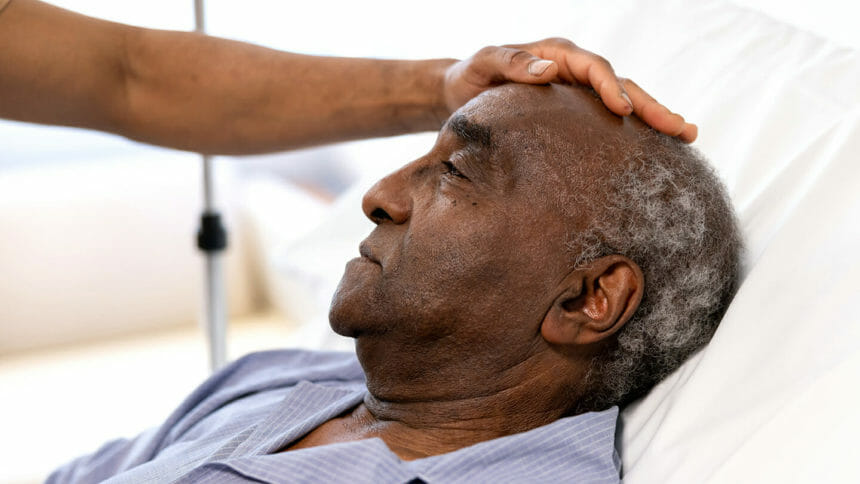
Warning that patients could otherwise be left in pain, LeadingAge has formally asked the US Drug Enforcement Agency to ensure nursing home, hospice and palliative care patients have continued access to certain controlled medications.
The federal agency in late February proposed limiting the use of telehealth for prescribing certain controlled medications, but LeadingAge has joined several other health organizations in asking for key exemptions.
“We do not believe prescribing controlled medications using telehealth for hospice patients or residents in long-term care is a high-risk situation that requires the guardrails outlined in DEA’s proposed rule,” wrote Katy Barnett, LeadingAge’s director of Home Care and Hospice Operations and Policy, in a letter Friday. “This proposed rule has the potential to significantly restrict and even prevent patients from seeing their prescribing clinicians in a timely manner for palliative pain and symptom management by preventing the prescribing of controlled substances via telemedicine.”
The letter came on the last day of an official comment period, one that has drawn much criticism as the DEA attempts to bridge COVID-era telehealth rules to a new era of online prescribing post-public health emergency.
The DEA’s proposed permanent rules for telemedicine would extend many of the flexibilities put into place during the public health emergency. They are scheduled to take effect May 12, when patients will no longer be able to receive 30-day prescriptions for most Schedule II narcotics without at least an initial in-person visit. Schedule III-V non-narcotic drugs and buprenorphine, which is used to treat opioid addiction, can still be prescribed without seeing a prescriber in-person.
The proposal would “provide safeguards for a narrow subset of telemedicine consultations,” according to an agency press release.
However, schedule II narcotics include morphine and other drugs that might be used to lessen chronic pain or discomfort at end of life, leading to the criticism from the nursing home and hospice sectors.
“Palliative care is built on the philosophy of meeting the patient’s needs quickly and efficiently,” Barnett said in her letter. “If the need arises from a telehealth visit and a patient is actively suffering, providers prescribe the appropriate supports, which look very similar to prescribing practices of scheduled drugs in hospice. … Many nursing home residents experience the same palliative care needs as patients on hospice and those enrolled in palliative care programs.”
The organization wants the DEA to exempt nursing home residents as well as patients in hospice and palliative care to be exempt from the new rule.




